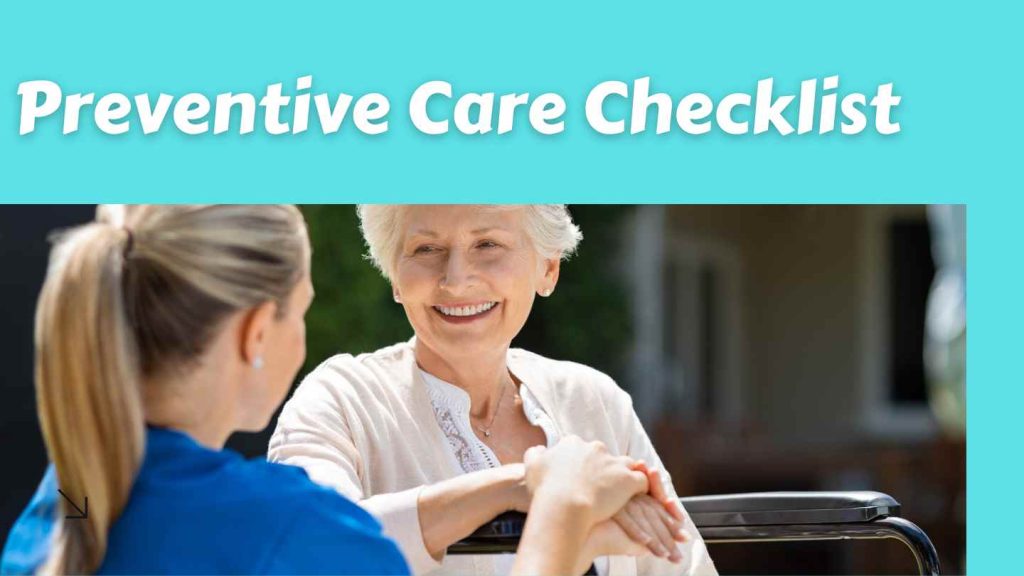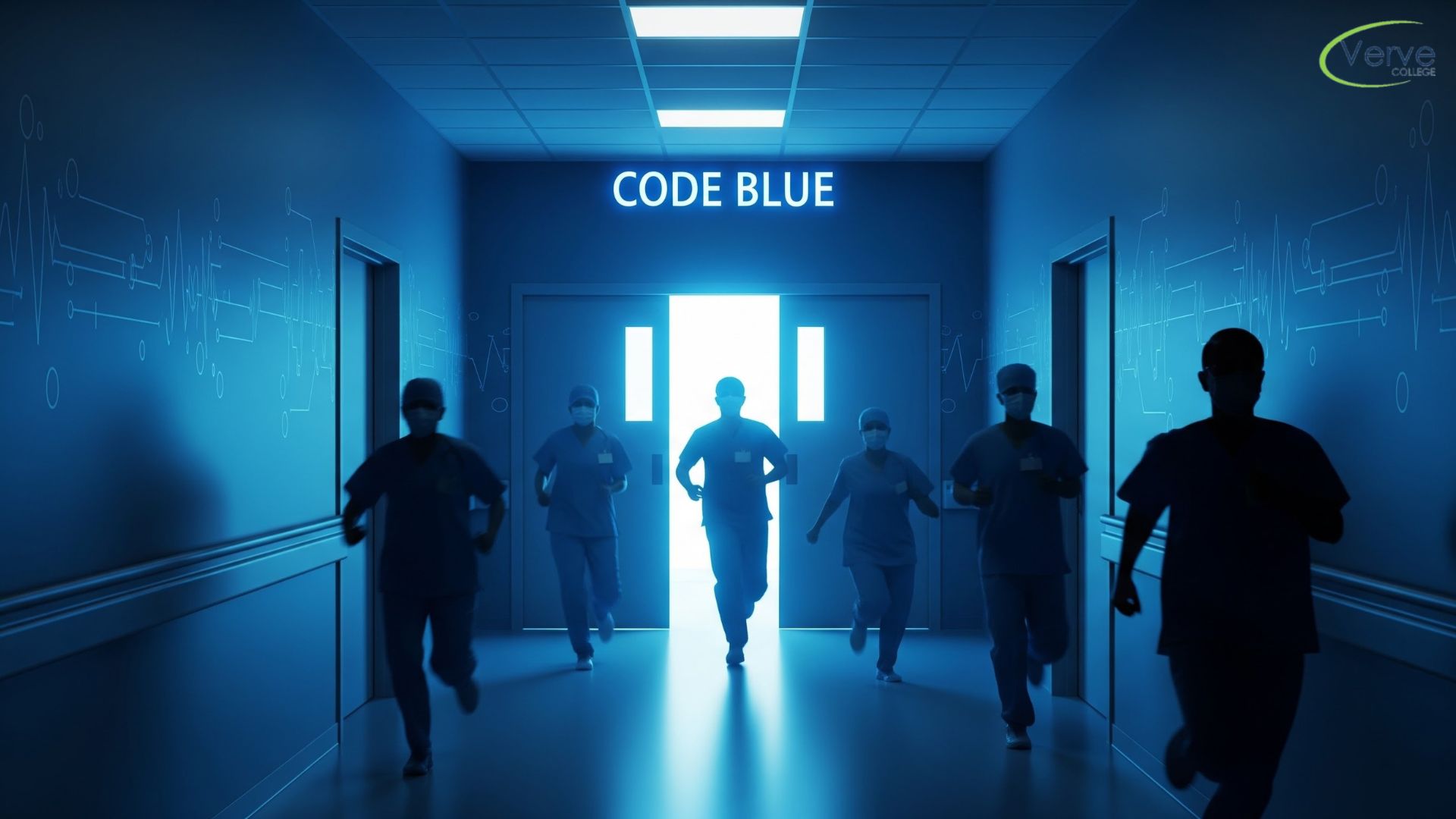- Oak Brook:(630) 705-9999
- Chicago:(312) 920-8822
- Email:inquiry@vervecollege.edu
- Make a Payment
- Home
- Programs
- Admission
- Resources
- ATI Entrance Exam Resources
- New E-Digital Library
- Refer a Friend
- School Newsletter
- Events
- Employers
- Job-Network
- Alpha Beta Kappa Candidates
- Verve College Library
- Graduation and Pinning Ceremony Photo Galleries
- Textbook Information
- Career Services
- Tutoring
- School Catalog
- FAQ
- Constitution Day Program
- Alumni
- Verve College Plans
- Financial Aid
- HEERF Reporting
- Satisfactory Academic Progress
- Apply For Financial Aid
- Net Price Calculator
- Return of Title IV Funds (R2T4)
- Financial Aid Office Code of Conduct
- Contact
- FAQs
- Verification Policy
- Vaccination Policy
- Student Right-to-Know Act
- Misrepresentation
- Information Security Program
- Academic Award Year
- Availability of Employee
- Cost of Attendance
- Health & Safety Exemption Requirement
- Students Rights and Responsibilities
- Leave of Absence
- Pell Formula
- Military Students
- Grants/ Scholarship Policy
- Contact Us
- Testimonials
- Blog
Is a Nursing Career Right For You?
Take The Free Quiz
What Should Be Included in a Preventive Care Checklist?
What Should Be Included in a Preventive Care Checklist?
Most people only visit their doctor when they are sick. But if you’re not proactive in your health care, you may be missing out on important preventive services from your physician. This basic care to patients includes mammograms and blood tests as well as colonoscopies. It also includes certain cancer preventive screening checklists. There are many tests and screenings you may not know about. However, If you’re seeking the best nursing colleges in Illinois that emphasize evidence-based practice and basic nursing skills, then must go with prerequisite courses of community college & make your nursing career successful.
Here are five additional preventive screening checklists to discuss with your doctor. Continue scrolling down for a complete checklist of preventive care in a variety of healthcare settings.
Add These Five Screenings to Your Preventive Care Checklist
-
Skin Cancer Screening
Skin cancer can still affect you even if you don’t have a tan. Adults should be checked annually for skin cancers and melanomas by health care providers who have enough knowledge of clinical practice & practical experience. The lesions are easily treatable if caught early.
-
Lung CT Scan
Smokers are at an increased risk for a variety of conditions and diseases. Certain preventive health screenings are essential. A study conducted by the National Institutes of Health showed that a low-dose CT scan could detect lung cancer early and even reduce lung cancer-related deaths by up to 20%.
-
Depression Screening
Mental health affects not only the sense of well-being but also physical well-being. Depression can exacerbate health problems and contribute to digestive problems, breathing issues, and heart disease. According to the National Alliance on Mental Illness (NAMI), more than 40 million U.S. adults suffer from an anxiety disorder, and approximately 21 million experienced at least one major depression episode by 2020. Depression is the most prevalent mental illness. It’s easy to identify by its most prominent signs:
- Persistent sadness
- Hopelessness or helplessness
- Lack of motivation
- tearfulness
- No longer able to enjoy your favorite activities
- difficulty making decisions
- Neglecting your self medical care, such as showering, brushing your teeth, or combing your hair.
If any of those signs apply to you, schedule a visit with your primary care physician. Your doctor or healthcare team can confirm or rule out physical causes & depression vital signs, such as thyroid problems, vitamin deficiencies, medications, and more. Your doctor can refer you to a mental health specialist if necessary.
-
Check your lifestyle and health habits
When your primary routine care doctor asks you about your habits, such as alcohol and tobacco consumption, diet, supplements, and other factors, he is not being nosy. Your doctor will use this information to assess your health risks in nursing homes, so please be truthful. Your primary care physician can form a prevention plan for your health by gaining an understanding of your lifestyle in long-term care facilities.
-
Dental health examination
It is more than just keeping your teeth white. Plaque on the teeth is directly related to plaque in your heart’s arteries. Researchers have found that periodontal diseases increase the risk of cardiovascular events threefold. The bacteria responsible for gingivitis and periodontitis can move into the bloodstream and inflame every part of the human body, including the heart.
Preventive Care Checklist
This preventive screening guide can be used as a tool to improve your overall health. All tests, unless noted otherwise, are performed annually. Your doctor may recommend other health screenings and tests based on the medical history of you and your family, your lifestyle, and your genetic risk in a variety of settings.
All Adults
- Normal blood pressure target 120/80 or less
- Blood sugar (type 2) diabetes – Starting at age 45
- BMI (Body Mass Index)
- Cholesterol Test – Ages 35 and Up
- Colonoscopy – for those aged 45 and older
- Dental exam – all ages
- Depression in all Ages
- Smokers aged 55 and older can have a lung CT scan to detect Cancer.
- STDs
Women
- Mammograms (breast Cancer) – Age 40, then every 2 years
- Pap test (cervical Cancer) – Age 21, then every three years
Men
- Testicular examination (prostate) for ages 18 and older
- BJC’s primary and long-term care providers are your best bet for staying healthy longer. Find a primary care provider near you if you do not have one.
Additionally, LPN programs near me (practical nursing programs at nursing schools) offer a route to a fulfilling job in the medical field & this program also helps to become a licensed practical nurse.
 Sign up
Sign up Login
Login




